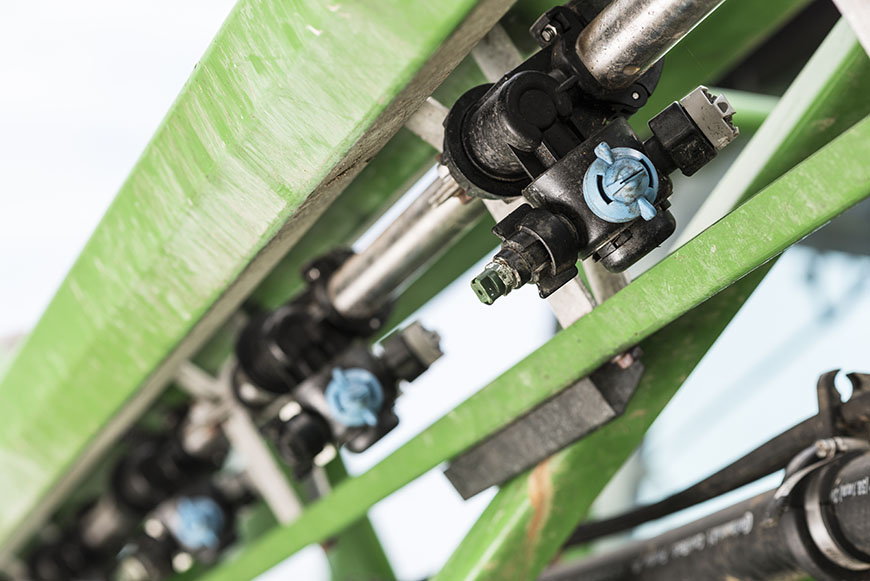Get a Jump on Spring Weed Control

In the battle for clean fields, mature weeds are equipped to win. Waxy cuticles, hairy leaves and increasing herbicide resistance make them formidable foes. That’s why it’s important to start weed-control programs early, says Rodney Tocco, crop protection technical marketing specialist, WinField. “Ideally, you should tackle weeds when they’re under four inches tall. Any taller, and weeds are much harder to control and likely causing yield loss in your fields.”
Tocco adds that mounting glyphosate resistance is prompting many farmers to return to preemergence herbicide applications. “It’s critical to clean up fields early, before resistant varieties get a foothold. You can’t count on in-season glyphosate applications to control some of the more stubborn weeds.”
USE ALL YOUR TOOLS
There’s no such thing as a silver bullet for managing weeds, says Tocco. He urges farmers to make use of a variety of weed-control tactics to find the best solution for their specific challenges. He outlines the elements that matter most in effective weed-control plans.
Tocco adds that mounting glyphosate resistance is prompting many farmers to return to preemergence herbicide applications. “It’s critical to clean up fields early, before resistant varieties get a foothold. You can’t count on in-season glyphosate applications to control some of the more stubborn weeds.”
USE ALL YOUR TOOLS
There’s no such thing as a silver bullet for managing weeds, says Tocco. He urges farmers to make use of a variety of weed-control tactics to find the best solution for their specific challenges. He outlines the elements that matter most in effective weed-control plans.
- Timing. Consider both pre- and postemergence herbicide applications to keep weeds from getting the upper hand.
- Rates. Check labels for target pests and crops.
- Carrier volume. Increase gallons per acre for better postemergence coverage.
- Adjuvants. Maximize spray mixture efficacy with the right adjuvants and water conditioners.
- Nozzles. Match the right nozzle tips to the spray situation for optimum deposition and coverage.
- Modes of action. Combat weed herbicide resistance by rotating herbicide modes of action.

